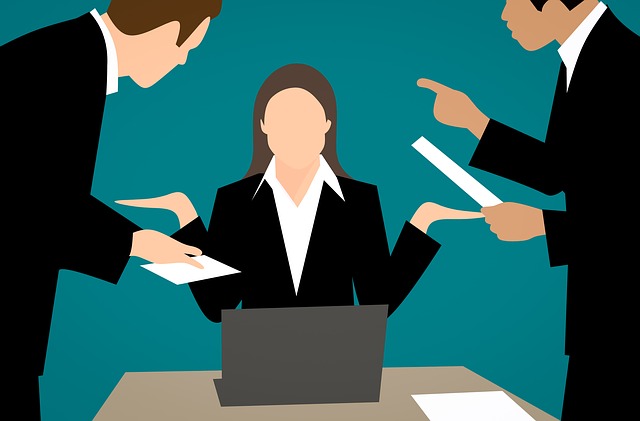In a Utah bankruptcy case, it’s not a matter of “winning” or “losing.” Bankruptcy is a legal process that is designed to help debtors get a fresh start by eliminating or reducing their debts. The ultimate goal of Utah bankruptcy is to give the debtor a fair and equitable resolution of their debts, while also taking into account the rights and interests of the creditors.
In a Chapter 7 Utah bankruptcy case, the debtor’s non-exempt assets may be sold to pay off their creditors. However, the debtor is generally able to keep their exempt property, such as their primary residence, personal property, and retirement accounts.
In a Chapter 13 Utah bankruptcy case, the debtor is required to repay a portion of their debts over a period of three to five years. At the end of the repayment period, any remaining dischargeable debts will be eliminated.
In both Chapter 7 and Chapter 13 bankruptcy cases, the goal is to provide the debtor with a fresh start, free from the burden of overwhelming debt. While creditors may not receive the full amount of the debts owed to them, the bankruptcy process allows for a fair and orderly resolution of the debts, and helps to ensure that the debtor’s assets are distributed in a fair and equitable manner.
It’s important to remember that Utah bankruptcy is a complex legal process, and the outcome of a Utah bankruptcy case can be affected by a variety of factors, including the type of bankruptcy being contemplated.
If you have questions about how Utah bankruptcy will affect you, it’s a good idea to speak with a Utah bankruptcy attorney who can help you understand the impact of bankruptcy on your specific situation.
